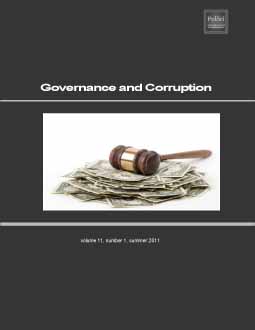
Keywords: Reviews
Alina Mihaela Tigău. 2011. Syntax and Semantics of the Direct Object in Romance and Germanic Languages. Bucharest: Editura Universităţii din Bucureşti. Jennifer Hay, Margaret Maclagan and Elizabeth Gordon. 2008. New Zealand English. Edinburgh: Edinburgh University Press.
More...Giuliano Bocci. 2013. The Syntax-Prosody Interface. A Cartographic Perspective with Evidence from Italian. Amsterdam/Philadelphia: John Benjamins. ix + 213 pp. Christian Ugo C. Ugorji. 2010. Nigerian English Phonology: A Preference Grammar. Frankfurt am Main: Peter Lang. xvii + 195 pp.
More...Keywords: specificity; clitic doubling; differential object marking
This paper focuses on the relationship between pe marking and clitic doubling in Romanian arguing in favour of Bleam’s (1999) hypothesis: the two mechanisms are semantically related through the specificity effects they both engender, but are otherwise independent one from the other. Diachronic data support this hypothesis. Another point which supports this hypothesis is that pe marking may be used in some contexts in which clitic doubling is not allowed (bare quantifiers). Furthermore, pe marking is not as consistent as clitic doubling when putting forth specificity effects. As to the way in which specificity effects arise we have identified different mechanisms: in the case of clitic doubling, the clitic pronoun acts as a restrictor on the domain variable of the DP it doubles, while in the case of pe marking, the specific interpretation is taken to be the effect of a certain interpretation procedure triggered by the insertion of pe (a semantic type shifter).
More...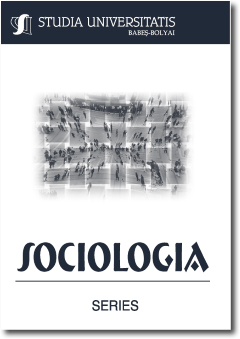
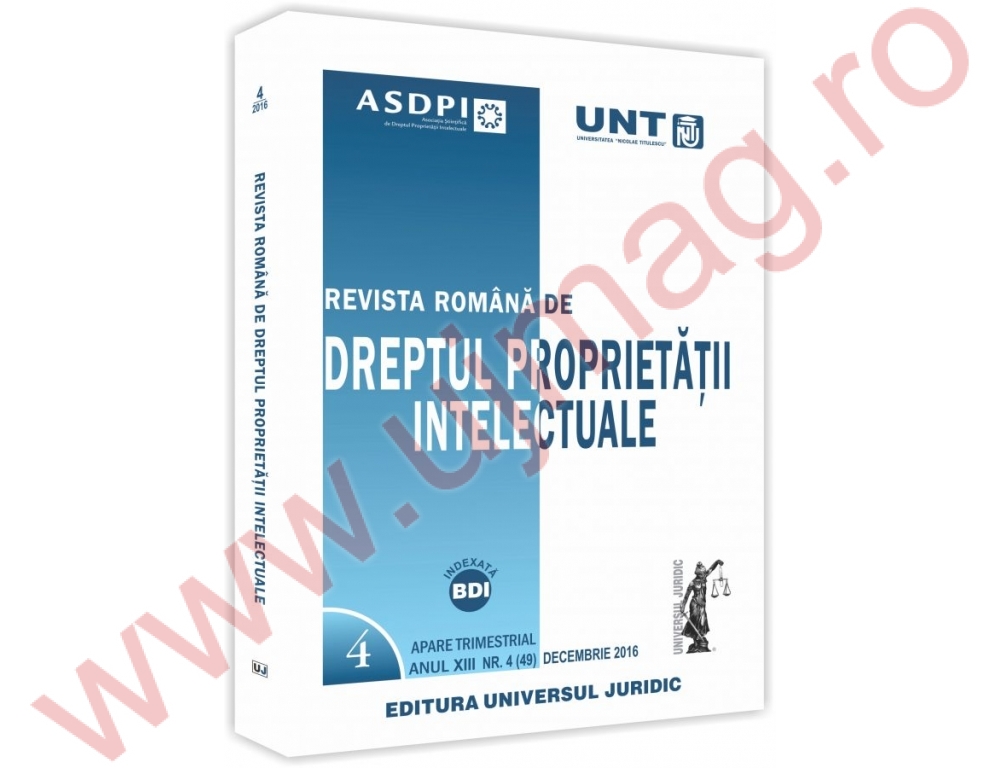
Keywords: patent; standard; standard essential patent; FRAND licensing; infringement.
If a patent gives its holder an exclusive right over the products or procedures it protects and if a standard is a document that sets out requirements for everybody to follow in order to properly obtain a certain result, a standard essential patent may only be a peculiar and complex concept. Thus, a standard essential patent (SEP) is a patent that protects a product or more often a procedure that is essential to a standard, in the way that it is impossible to manufacture standard compliat products such as smartphones, tablets and other gadgets without using technology covered by SEPs. To alleviate any competition concerns and to ensure that the benefits of standardization are promulgated, SEP holders are required to commit to licensing their SEPs on FRAND (fair, reasonable, non discriminatory) terms, a condition that aims to ensure that the technology incorporated in a standard is accessible to the standard users and that the SEP holders are financially rewarded.
More...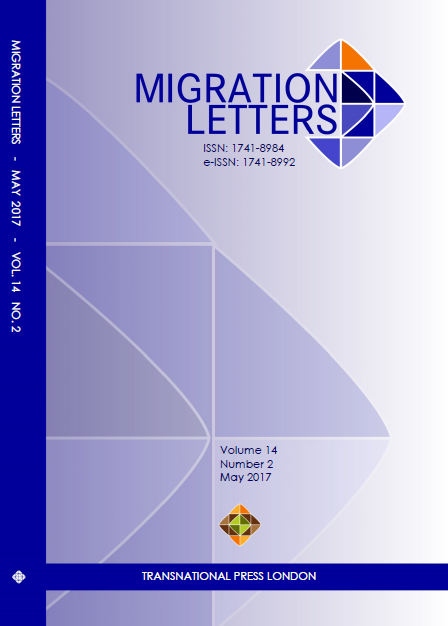
Keywords: migration; Migration Letters; The Migration Conference
The articles included in this issue deal with a number of countries, including Malaysia, the Netherlands, Sweden, the Philippines, India, China, Mexico and Tanzania. They look at the issues of brain-drain and behavioural approach (Ramoo et al.); multi-professional collaboration in promoting migrant integration (Vanhanen and Heikkila); the distribution of income gains in labour market migration (Korpi et al.); labour market gaps between migrants and natives (Mala et al.) and at how demographic forecasts can be improved in predicting migration changes (Wilson). These different topics reflect the diversity of issues at stake in the current international migration systems. They also show how migrants put forth their own strategies to deal with marginalization that include the creation of ‘home’ through gendered memory and narrative sharing (Zulueta), the articulation of co-development in the growing diasporization of communities (Tigau et al.), and gender and youth dynamics in internal migrations (Todd et al.).
More...
Keywords: skilled diaspora; diaspora policy; brain drain; Chindia; Mexican diaspora;
This paper discusses the concept of co-development as related to diaspora diplomacy and its implications for public policies for skilled migration in the countries of origin. We consider the cases of two Asian countries – India and China - that stimulate migration as a way to relieve the lack of jobs and skilled population surplus, but which also have strong policies of networking and return. The case of Mexico is different since it is a country with less tradition in diaspora programs and Mexican expats tend to be more politically and culturally active than economically involved. In the three cases studied we find different problems relating to diaspora programs in accordance with their historical progress, such as poor results due to the lack of financial resources, inadequate institutional background or weak diaspora organization.
More...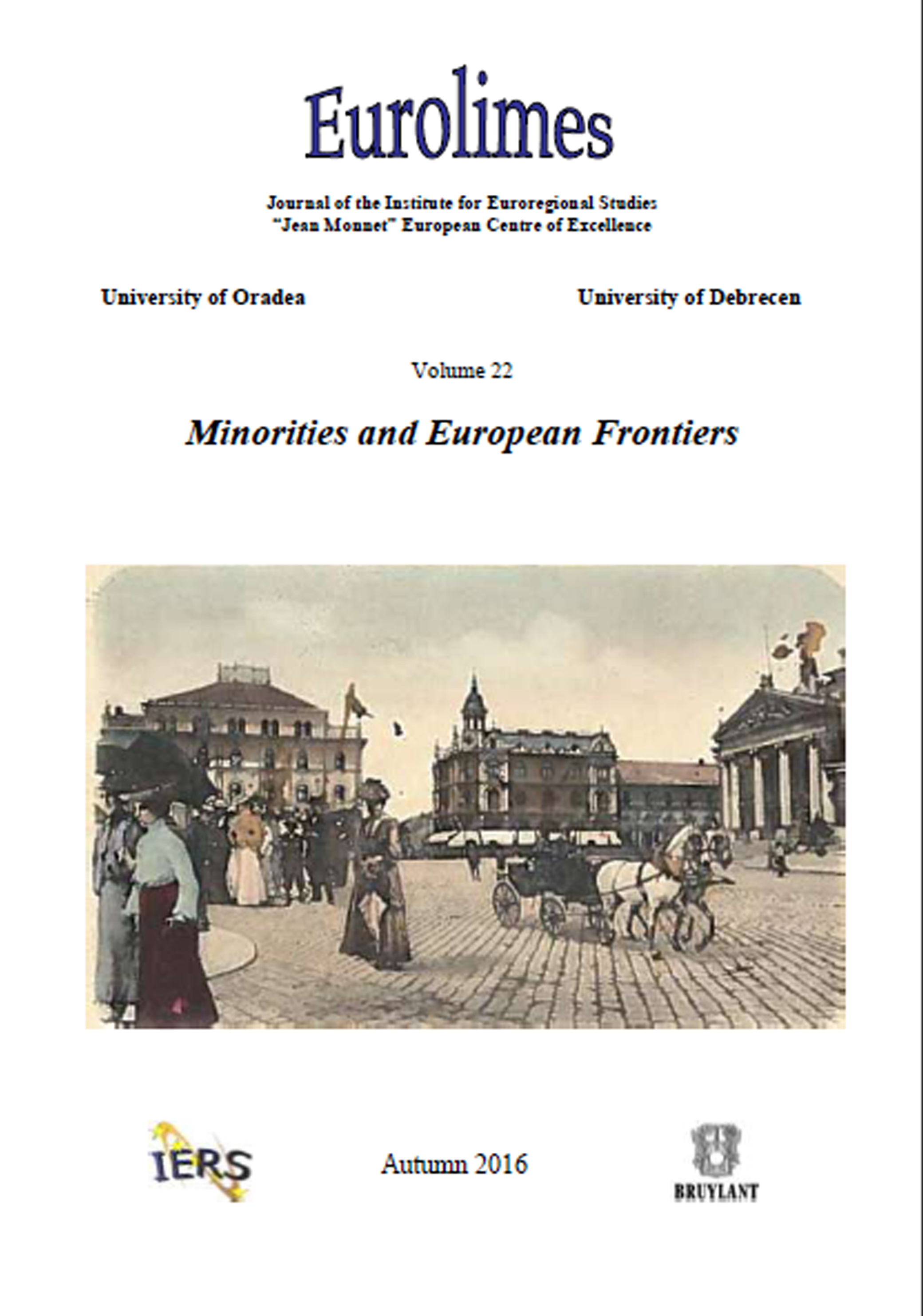
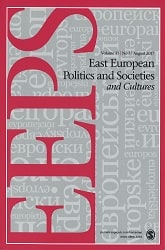
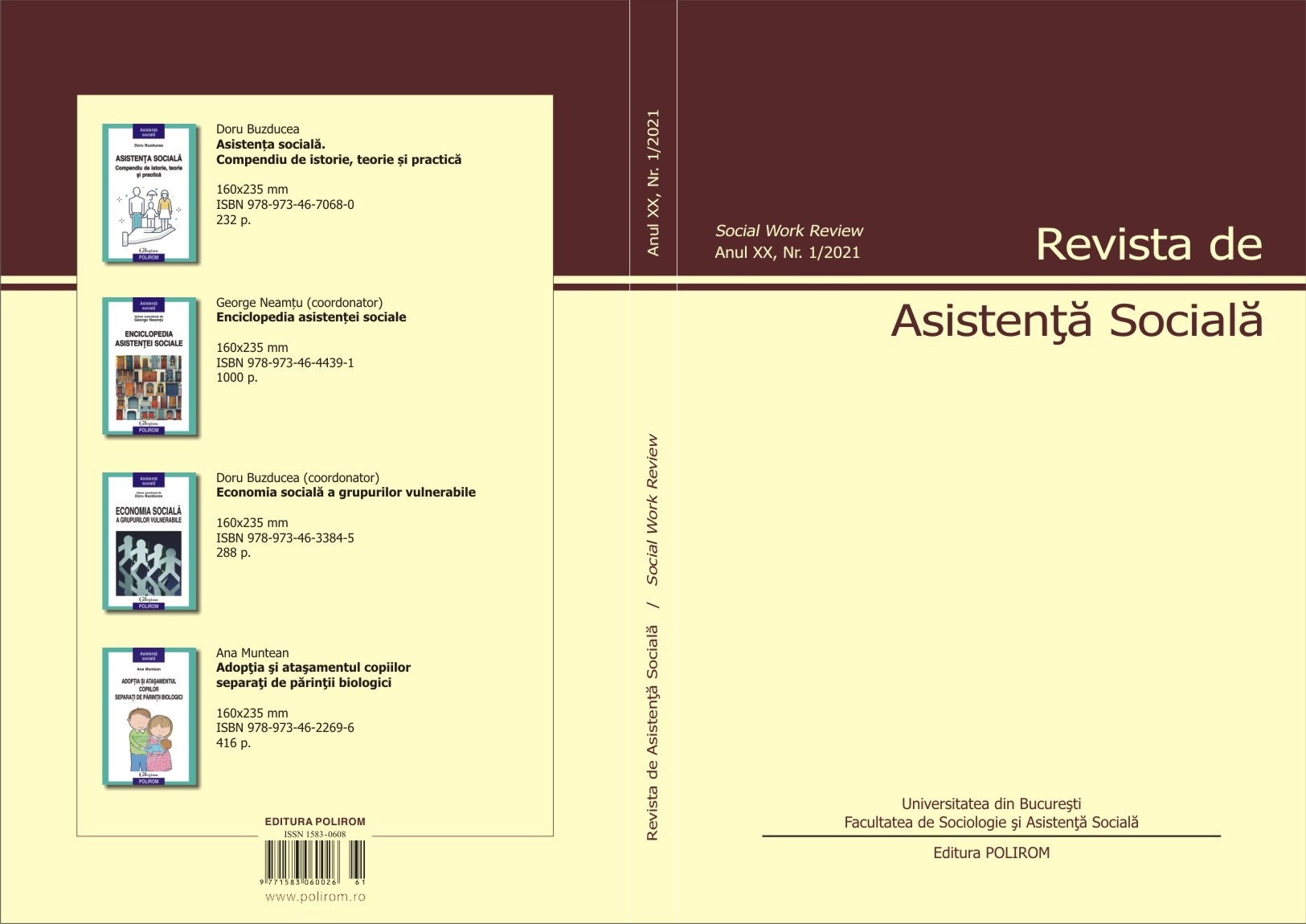
Keywords: retirement;elderly;volunteering;active life;
It speaks to a significant wonder in life that can stamp an endpoint to social dynamism or, opposite, a beginning stage for a daily existence held for unwinding and all exercises for which beforehand there were no time or assets. There are circumstances where retirement happens due to legitimate need (sickness), a second that generally happens abruptly, without any planning, and the effect of which brings various issues for the individual or to society.
More...
Keywords: social gerontology;elderly;alcoholism;
Consistent with the views of researchers in the field of social gerontology, tendencies of alcoholism among the elderly represents a form of evasion of reality due to the inability of those elderly who cannot adapt to changes induced during old age and who cannot confront, by other means, the difficulties and negative events that occur inevitably in this stage of life.
More...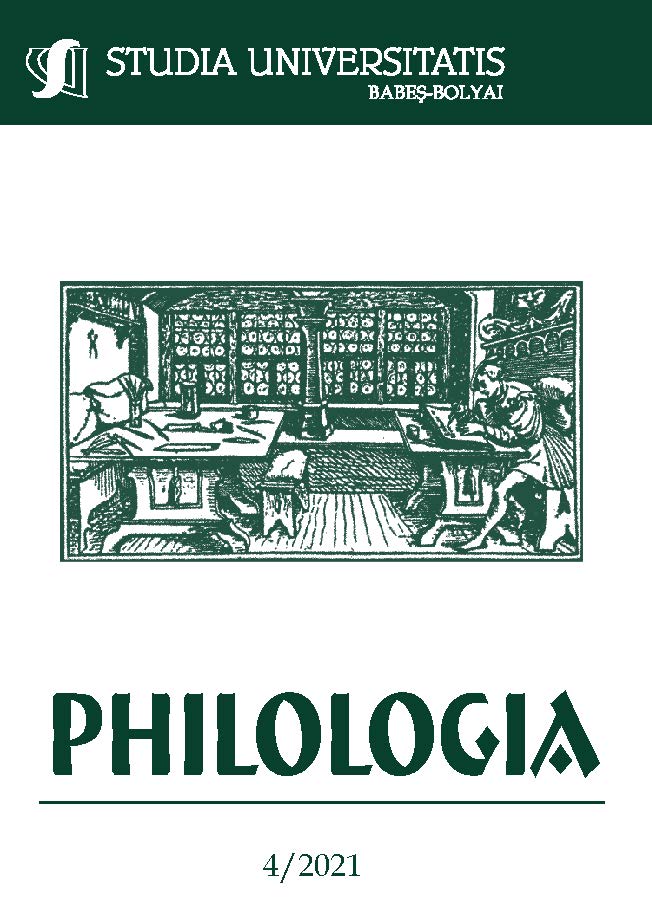
The collaborative volume The Science of Linguistics brings together a number of contributions on topics related to linguistic typology, sociolinguistics, onomastics, discourse analysis, multilingualism, language acquisition, and more. As such, the editors do justice to the title they have chosen, featuring authors and papers on subjects covering the wide spectrum of linguistic endeavours, that all have one thing in common: the rigorous analysis of language. This volume is dedicated to professor Ștefan Oltean, mentor, advisor, friend, or colleague of many of the contributors to this volume.
More...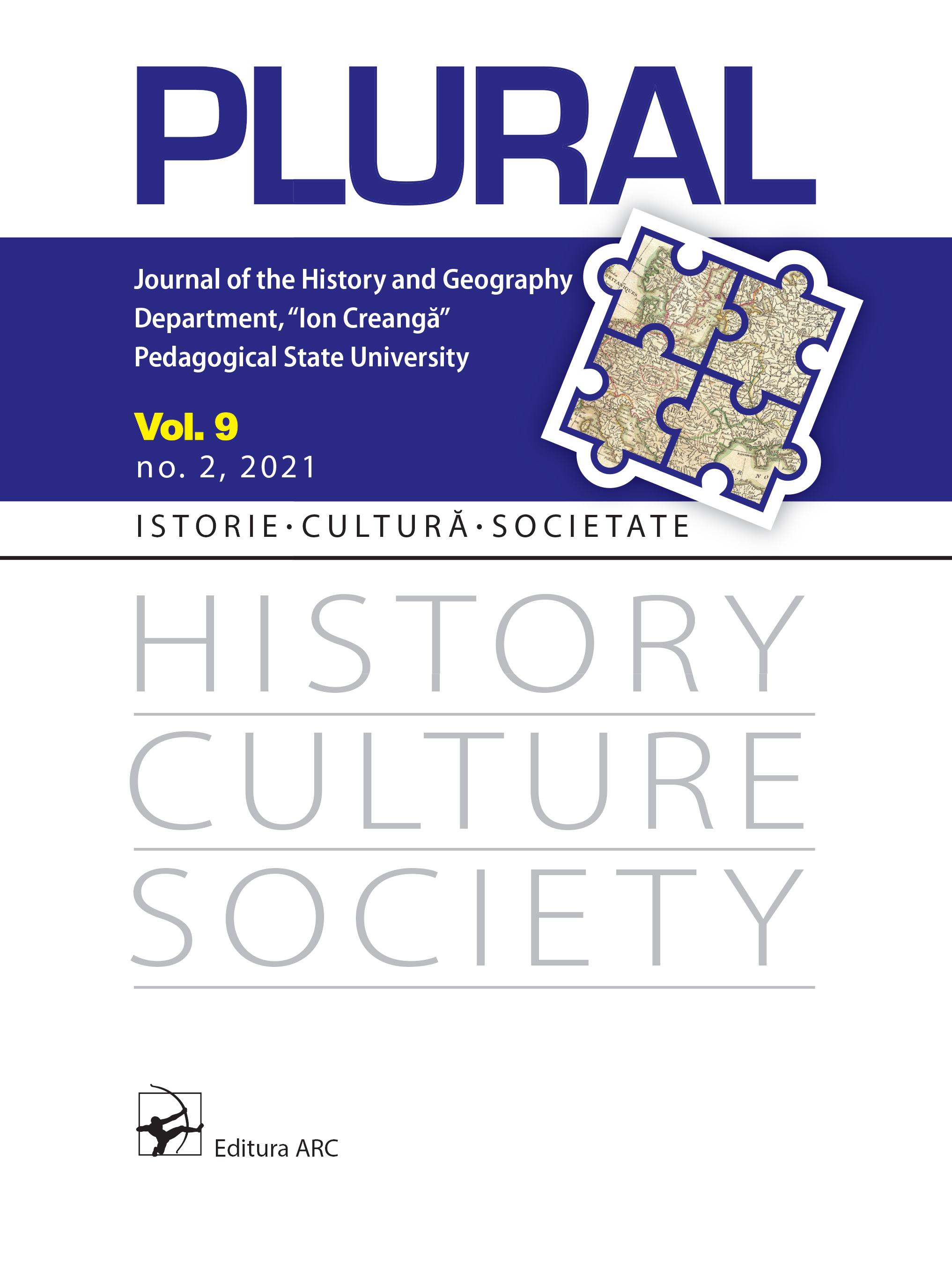
Keywords: history textbook; history school curriculum; Transnistrian conflict;
The creation of history textbooks in the post-December period took into account the increase of quality in pre-university education by developing communication and relationship skills, different historical contents being studied depending on the interests of students. In our analysis, we tried to find out to what extent the authors of the history textbooks were interested in presenting the Transnistrian conflict to the young generation. The curriculum for History has undergone many changes during this period. However, both at the gymnasium and the high school level, compulsory content regarding the foreign policy promoted by Romania after 1990 were provided. In our approach, we analyzed 31 textbooks published during this period, out of which only a few addressed the military conflict in the Republic of Moldova. The most consistent presentation is found in the manual madeby a team of Alexandru Barnea, Vasile Manea, Eugen Palade, Florin Petrescuand Bogdan Teodorescu and (re)published in 2014 by Corint Educațional. The authors of the history textbooks in Romania showed low interest in the presentation of the Transnistrian war, in the context in which the political, economic, and social relations between Bucharest and Chisinau, after 1991, were analyzed to a very small extent. This conflict was presented only in view of the position adopted by Romania regarding this event, without addressing the side regarding the legality of separatist actions undertaken by Tiraspol officials or the emotional impact of a military conflict, in which Moldovan citizens were involved.
More...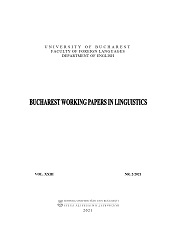
Keywords: Review; Imola-Ágnes Farkas; Adriana Todea; The Science of Linguistics – Papers in Honour of Ştefan Oltean;
Review: Imola-Ágnes Farkas & Adriana Todea (eds.). 2020. The Science of Linguistics – Papers in Honour of Ştefan Oltean. Cluj Napoca: Presa Universitară Clujeană. x + 279pp. Reviewed by Irina Stoica
More...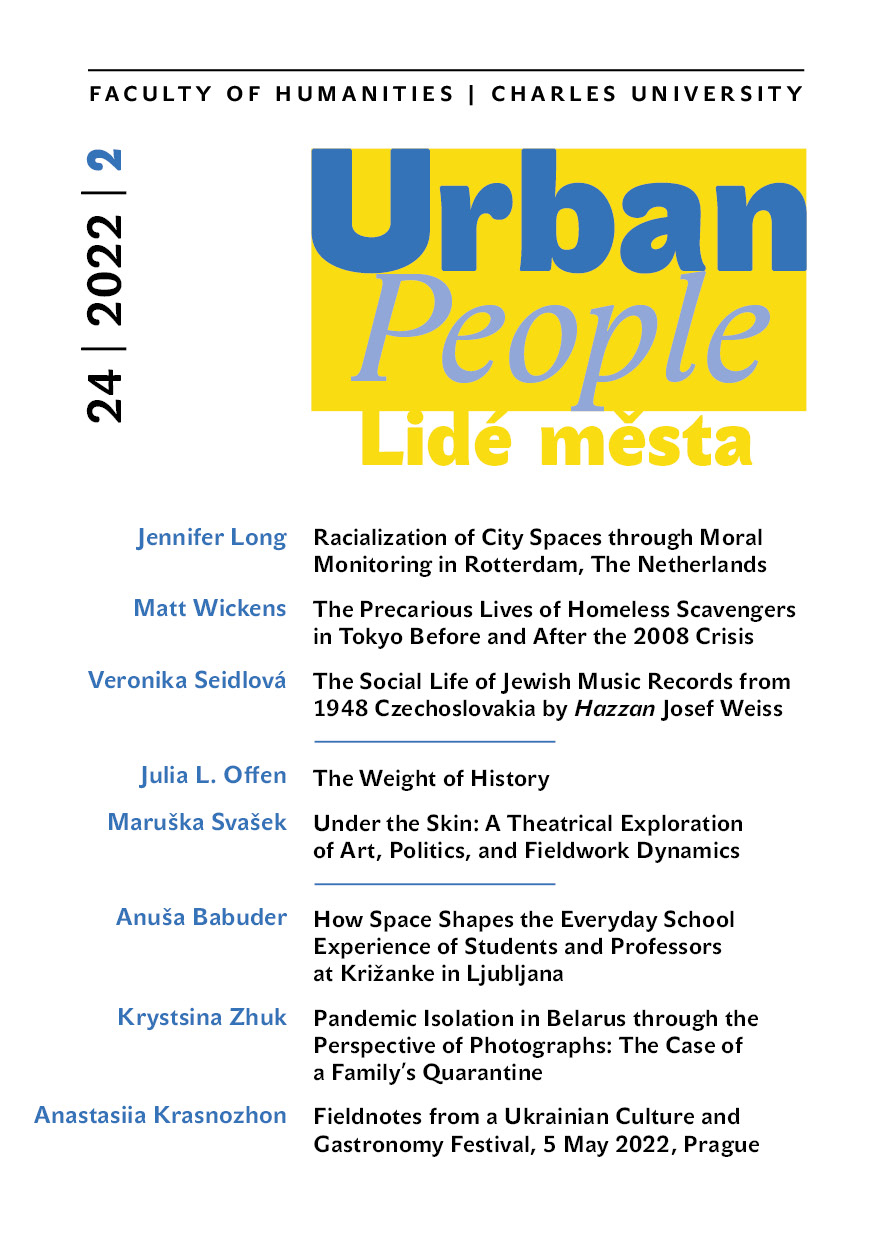
Keywords: COVID-19; isolation; photo-elicitation method; family; home
This photo essay examines the process of isolation during the firstperiod of the COVID-19 pandemic based on the quarantine photos of a familyfrom Belarus. It illustrates how the content and form of the collected imagesvisualized the invisible markers of the pandemic and reflected various stages ofisolation, transformations of the notion of home, and changes in family dynamicsand routines. To collect the photographs, a weeklong remote participatory projectwas conducted. The findings of this project thus pointed to a direct correlationbetween photographs and changes in the social world and individuals’ livesbrought about by the coronavirus outbreak.
More...